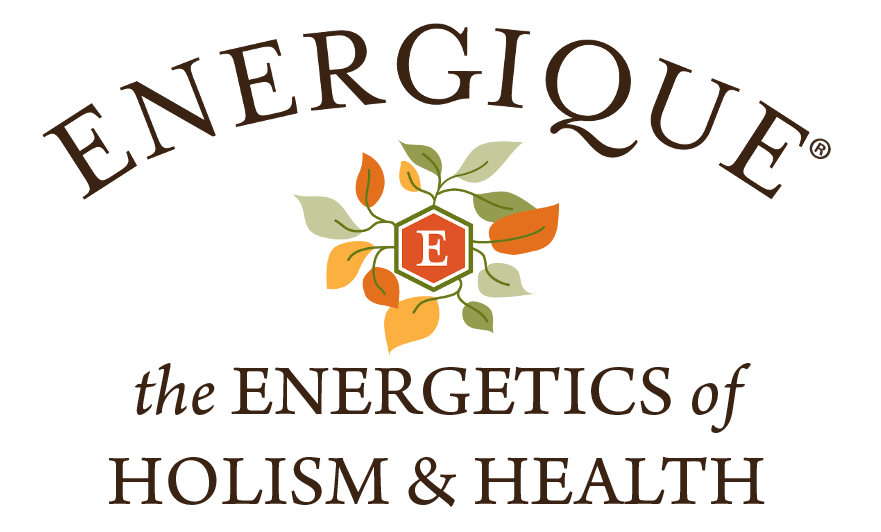While zinc supplementation is becoming ever more popular for immune support, zinc still tends to be overlooked as a mineral to support gut health, including both intestinal mucosal integrity and digestive function. Zinc deficiency can impair digestion in several ways but most directly by reducing gastric acid secretion. There is also evidence that zinc’s role in the stomach might be even more complex than this, with emerging research suggesting that zinc may modulate excessive gastric acid secretion in addition to stimulating it1. Beyond even these benefits however, the most prominent role of zinc in the gut may be the maintenance of a healthy mucosal barrier. Some of the process of digestion actually occurs at this barrier, where intestinal brush border enzymes help to digest starch, and the proper assimilation of nutrients is almost entirely dependent on the health of the villiated cells which line the gut.
It is now known that many digestive problems originate from a disturbed microbiome, but what tends to be forgotten is the role of basic digestion and assimilation in maintaining the microbiome. Probiotics provide the major focus for microbiome support, but what happens when probiotic supplementation is not enough? Recent innovations to probiotic supplements include the addition of various prebiotic substances, typically indigestible starches meant to feed the good bacteria, and even some so-called postbiotics, the beneficial compounds produced by probiotic bacteria which may mediate some of their beneficial effects. These include short-chain fatty acids, which are normally produced by probiotic fermentation of starch and likely play a role in the health of colon cells.
The problem, however, with approaching digestive health purely through the microbiome is that this may not be addressing the root cause of unhealthy gut flora. Nothing can survive in the human GI tract unless it has something to feed on, and one of the root causes of dysbiosis is the consistent appearance of undigested macromolecules and unabsorbed nutrients in the colon, as a result of improper digestion. These nutrients, which are supposed to be absorbed by the body far upstream of the colon, provide an ideal growth medium for bacterial species that should not normally be there. The theory of probiotic supplementation is that by supplying additional colonies of good bacteria, these may out-compete the bad bacteria for nutrients and eventually eliminate them. This is generally a sound approach, but when colonies of bad bacteria have already taken hold, it may also be necessary to help starve them out by improving the breakdown and absorption of nutrients, which in a state of health, should not be there. Combining probiotics with zinc supplementation can help to accomplish both these goals, owing to zinc’s multiple and underappreciated roles in maintaining gastrointestinal structure and function. Of the many forms of zinc available, research suggests that zinc carnosine may be the best form of zinc to support gut health.
While zinc is often thought of as a mineral for immune support, it also plays a crucial role in normal wound healing and the maintenance of the entire epithelium, both inside and out. Among zinc’s most important functions in the body involves its crucial role in the process of DNA replication and repair. This makes zinc critical to the health of all rapidly dividing tissues, as well as any function that requires ongoing cell division. This includes:
- Normal wound healing, in which fibroblasts must divide rapidly to regenerate damaged tissue
- Immunity, as fighting infection requires the constant generation of new white blood cells
- Skin health, since skin cells are constantly shedding and being replaced. This includes the maintenance of healthy hair and nails
- Gut health, for basically the same reason as skin health
The gut epithelium can and really should be thought of as the inner skin, for like the outer skin, it provides a barrier between the body and elements external to the body, including ingested substances. It is now known that the gut lining expresses several detoxification enzymes, providing a first line of defense against ingested toxins. Also, like the outer skin, cells lining the gut are constantly dying, shedding and being replaced through new cell division. In fact, the intestinal epithelium has the highest turnover rate of any fixed tissue in the body, meaning zinc is probably even more important to gut health than it is to skin health. When the outer epithelium (skin) is compromised, it can leave the body vulnerable to infection, whereas damage to the inner epithelium can impair digestion, decrease nutrient absorption, and wreak havoc on numerous body symptoms through the phenomenon of leaky gut syndrome.
It makes sense that the gut epithelium should be repairing itself constantly, given the assault it faces during eating and digestion. Acid, digestive enzymes, mechanical abrasion from ingested food, and immune-mediated inflammation (roughly 70% of the body’s immune system resides in the gut) are among the factors that almost daily damage the gut lining. The inner lining of the gut is also more vulnerable than the skin, as its role in nutrient absorption precludes a tough, keratinized layer. The microvilli of the small intestine are among the most delicate tissues in the body and are constantly eroding and regenerating throughout life, even with a healthy diet and digestion. Keeping the gut healthy should really be thought of as a daily, ongoing process, representing a balance of opposing forces of breakdown and regeneration. Incidentally, this may explain some of the many health benefits of time-restricted eating, as it would allow the gut more time to repair itself between meals. Also, because the gut lining is regenerating constantly through cell division, it requires an ongoing and steady supply of zinc.
Indeed, supplementing zinc in the form of zinc carnosine has been shown to support the health of gastric and intestinal mucosa, protect against induced changes in gut permeability and stimulate the growth of cells responsible for maintaining a healthy gut lining2. Beyond the fact that this specific form of zinc has been widely studied for its role in promoting gut health, there are other reasons why zinc carnosine may be preferable to other zinc supplements for this application: as an amino acid chelate, it is highly bioavailable, and its ligand carnosine can be directly absorbed by cells in the gut. Carnosine also has a pH-buffering capacity, and therefore may protect enterocytes from the effects of stomach acid. It has also been speculated, though not proven, that binding to carnosine provides an extended-release effect that allows zinc to be steadily supplied to the tissues absorbing it.3
Perhaps the most important benefit of using zinc carnosine, however, relates to carnosine’s cytoprotective role as an intracellular antioxidant. Not quite an amino acid, carnosine is technically a dipeptide, comprised of the amino acids beta-alanine and histidine. Like many peptides, it effectively binds minerals and can therefore be used to deliver these to the body in a highly bioavailable chelate form. A unique aspect of carnosine that sets it apart from most peptide molecules is that it can function as an antioxidant. Especially high levels of carnosine are found in the brain and nervous system, where it has been shown to protect proteins in the brain from various forms of oxidative and inflammatory damage, such as glycosylation. As an antioxidant peptide, it may be that carnosine protects proteins from oxidative stress in the same way that fat-soluble antioxidants like the tocopherols protect lipids. This makes it an ideal synergist for zinc in supporting the gut mucosa.
For maintaining cellular integrity in the gut and consequently promoting healthy digestion, Energique’s GI Immunivate® combines a shelf-stable, acid-resistant strain of Lactobacillus plantaris with 30 milligrams of zinc in the form of zinc carnosine. These ingredients work in synergy not only to support gut health, but immune function as well.
1Shafaghi A, Hasanzadeh J, Mansour-Ghanaei F, Joukar F, Yaseri M. The Effect of Zinc Supplementation on the Symptoms of Gastroesophageal Reflux Disease; a Randomized Clinical Trial. Middle East J Dig Dis. 2016 Oct;8(4):289-296. doi: 10.15171/mejdd.2016.38. PMID: 27957292; PMCID: PMC5145296.
2Mahmood A, FitzGerald AJ, Marchbank T, Ntatsaki E, Murray D, Ghosh S, Playford RJ. Zinc carnosine, a health food supplement that stabilises small bowel integrity and stimulates gut repair processes. Gut. 2007 Feb;56(2):168-75. doi: 10.1136/gut.2006.099929. Epub 2006 Jun 15. PMID: 16777920; PMCID: PMC1856764.
3Hewlings S, Kalman D. A Review of Zinc-L-Carnosine and Its Positive Effects on Oral Mucositis, Taste Disorders, and Gastrointestinal Disorders. Nutrients. 2020 Feb 29;12(3):665. doi: 10.3390/nu12030665. PMID: 32121367; PMCID: PMC7146259.


